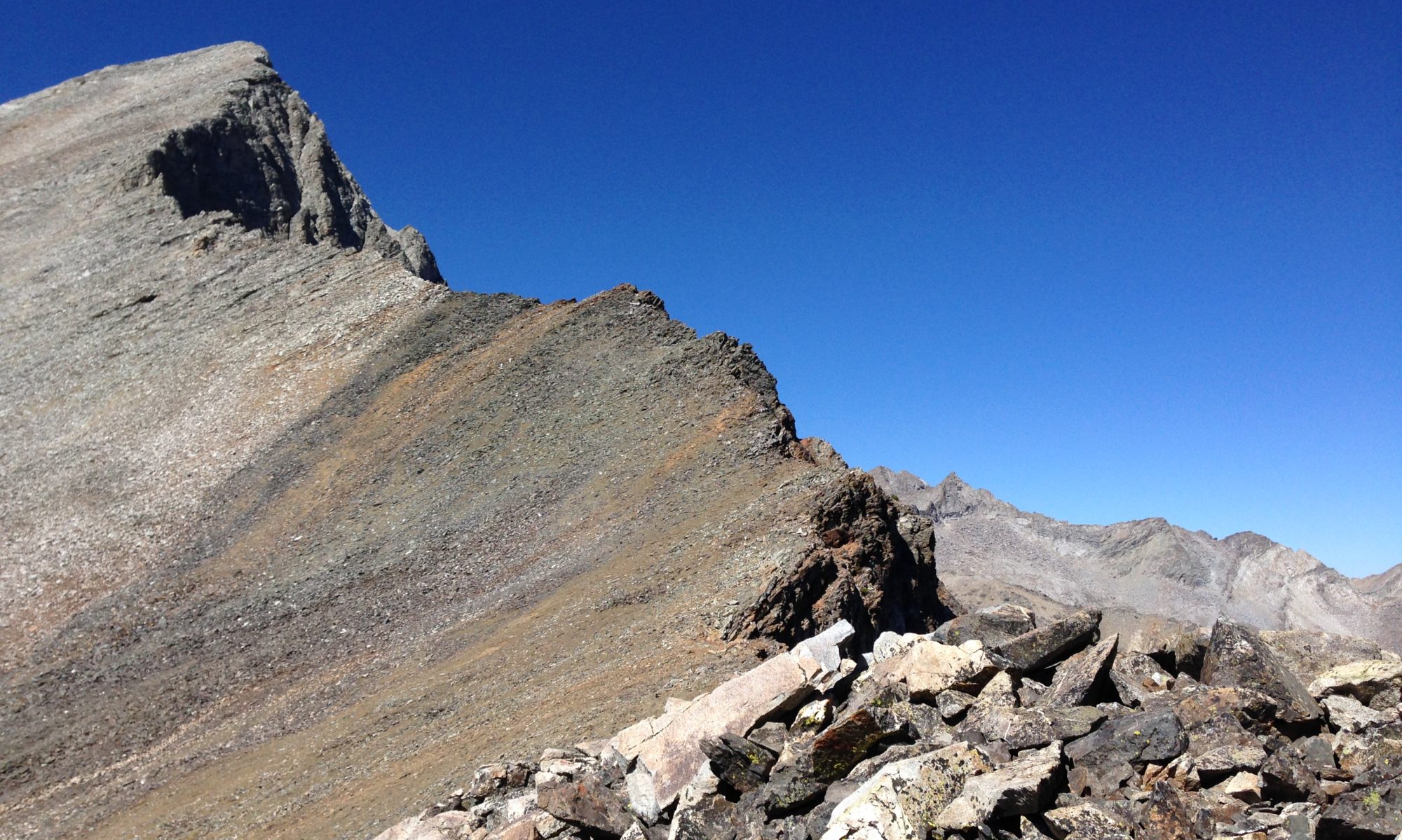Aligning
My friend Penny Scott is thinking a lot about purpose, vision and the structure of things these days, working to give shape to BALLE BC, the first Canadian node of the Business Alliance for Local Living Economy international network. Last September, we gave first shape to the BALLE BC organization in two days of OpenSpace. This morning she emailed me from Bowen Island: “…on aligning and order… what do you think about this statement from David Allen?” I’m not sure who David Allen is, but here is what she quoted:
When there are ingredients in a system not aligned to its purpose, the whole mechanism is inefficient. Negative pressure is created as energy gets dammed up at the blockage, and flow is diminished. An ineffective person on a team, a misaligned tire, the wrong tool for a job, and too many words in a sentence create static on the line and reduce productivity. “Get it together” is an appropriate admonition for maximum output and results.
And from my answer… I think he doesn’t know (or at least doesn’t let on here) about how alignment really happens. I think “back and forth we get there” or “keep jiggling” or “together and apart” are more accurate and helpful admonitions. Or how about “breathe, breathe, breathe.” These all point to and make space for the dynamic and pulsatory nature of all alignment.
Perhaps, as we said in one open space training and practice workshop, we could say “crumbling into the future” or “crumbling into best outcomes.” This seems to allow for the losses that are experienced in the process of literally letting go into the larger alignment, letting go of our holdings to smaller, partial, personal purposes that keep us out of larger alignment.
Reminds me now of my Dad’s frequent advice: “Get the best deal you can.” He worked as a lobbyist in 14 midwestern state legislatures and his emphasis was always on “can,” reminding me that we always work within larger systems that we do not control and commiserating in the reality that the deals don’t always go down how or when we think they should.
Slowly, teasingly, testingly, tippingly, then… we are learning to trust the larger whole purpose over our smaller individual attachments. I think we pulse back and forth, in and out, one and many, as and until we learn to be fully immersed in the power of larger being without losing any of the satisfaction available to us as smaller bodies.
I don’t think “get it together” is wrong, merely more mechanistic and less helpful than some of these others.

